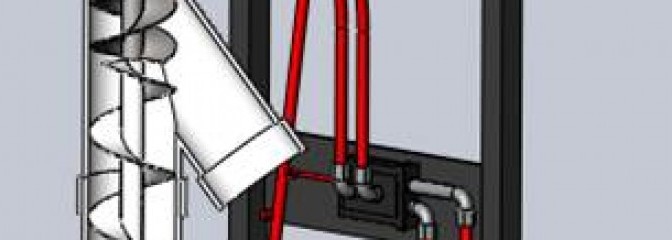There is a currently a global sanitation crisis that needs solving! There are currently an estimated 2.6 billion people without access to proper sanitation. This inadequate sanitation contributes to an estimated 2.5 billion yearly cases of diarrhea, which is the primary cause of the death of over 1.5 million children. The lack of sanitation in the developing world can be attributed to a shortage of capital, infrastructure, water availability, and space, among several other constraints. In response, the Millennium Development Goal was set in 1990 to halve the global population without access to proper sanitation and clean water by 2015. The goal for clean water has already been met with over 89% global coverage; however, access to proper sanitation is projected to fall well short with only 64% global coverage as of 2011.
Several private foundations and donor institutions have begun the process of trying to revolutionize sanitation in the developing world. This is being accomplished through both the improvement of existing systems and the development of innovative technologies. Such advancements offer to keep users safe from their waste but to use the waste to create valuable resources, while significantly reducing or possibly eliminating the need for infrastructure to transport water, provide electricity, and transport and treat human waste offsite.
The Bill and Melinda Gates Foundation has been on the forefront of the revolutionizing of sanitation in the developing world. Their purpose is to “enable universal access to sustainable sanitation services by supporting the development of radically new sanitation technologies as well as markets for new sanitation products and services.” NC State has been the recipient of a phase I and now phase II Grand Exploration Challenges (GCE) Round 7 grant focused on hygienic and adequate pit emptying and extraction.
Reinventing the Toilet
In addition to the GCE grants, The Bill and Gates Foundation initiated the Reinvent the Toilet Challenge in 2011. Several institutions have been awarded RTTC grants to create novel toilet designs that do not rely on massive amounts of water, piping infrastructure, and electric or gas services. Not only will these toilets be designed to provide adequate sanitation to the user, but also produce valuable resources like energy, nutrients, and even clean water.
 Final, encompassing designs will safely process human waste through the entire sanitation value chain (shown above) to create profitable products. If human waste is viewed as a valuable commodity instead of a hazardous burden, improper disposal could be dramatically decreased, and the outlook on sanitation in both the developing and developed world can be transformed.
Final, encompassing designs will safely process human waste through the entire sanitation value chain (shown above) to create profitable products. If human waste is viewed as a valuable commodity instead of a hazardous burden, improper disposal could be dramatically decreased, and the outlook on sanitation in both the developing and developed world can be transformed.
